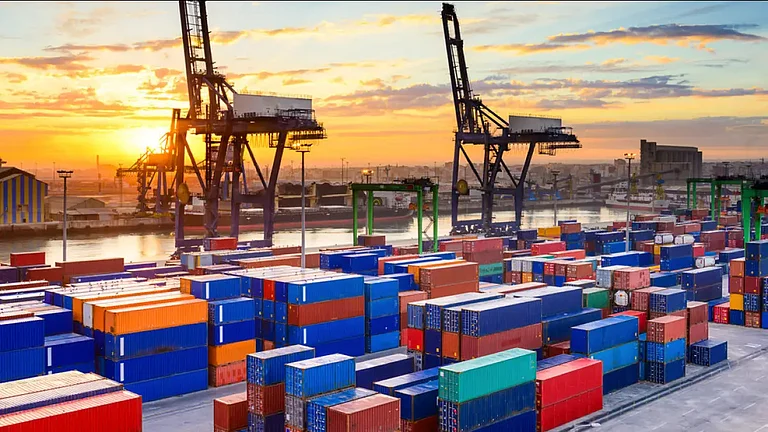A new report highlights a major opportunity for developing countries in the cooling market, which could grow from about USD 300 billion to at least USD 600 billion per year by 2050. The report, prepared by the UN Environment Programme (UNEP)-led Cool Coalition and the International Finance Corporation (IFC), says that the fastest growth will likely happen in Africa, where the market could expand seven times, and in South Asia, where it is expected to grow four times.
The report, titled "Cooler Finance: Mobilizing Investment for the Developing World's Sustainable Cooling Needs," calls for focusing on energy-efficient and eco-friendly cooling solutions. It suggests using passive cooling methods like better insulation, reflective materials, more green spaces, and energy-saving technology. The report also recommends introducing energy efficiency standards for buildings and reducing the use of harmful refrigerants that contribute to global warming.
Currently, around two-thirds of cooling-related emissions come from developing countries, and this could rise to more than 80% by 2050 due to population growth, economic expansion, and urbanization. However, adopting sustainable cooling methods could reduce these emissions by nearly half by 2050.
IFC’s Managing Director, Makhtar Diop, said the sustainable cooling market is a USD 600 billion opportunity for private companies and could bring over USD 8 trillion in benefits to developing countries. He added that as temperatures continue to rise, these countries urgently need affordable cooling solutions to cut emissions and protect their populations.
The report also points out that significant upfront investments will be required to address current cooling gaps in households and small businesses. It estimates that between USD 400 billion and 800 billion will be needed to meet the growing demand for cooling in developing countries, along with future increases in demand.
UNEP Executive Director Inger Andersen emphasized that while cooling is vital for health, food security, and economic growth, it is important to avoid solutions that worsen global warming. She urged governments, businesses, and financial institutions to use the tools outlined in the report to invest in sustainable cooling solutions. These solutions, she said, are crucial for dealing with extreme heat and meeting the growing cooling needs in a way that supports both the environment and local economies.
The report highlights a huge opportunity for developing countries to adopt sustainable cooling solutions. It stresses the importance of investing in eco-friendly methods to meet rising cooling needs while reducing emissions. These efforts can boost both economic growth and environmental health, benefiting governments and businesses alike.
(This article is a reworked version of a PTI feed)



























